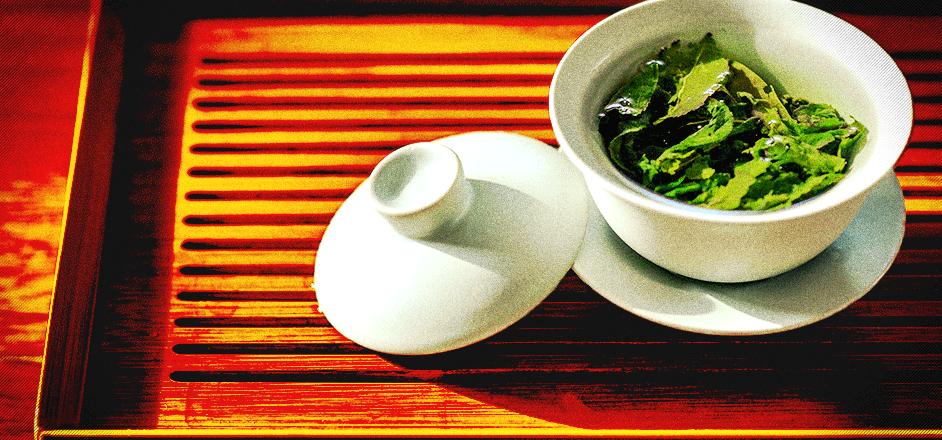Painful urination, “pus-like” penile discharges, bleeding vaginas; painful, swollen testacies and abdomen/pelvic pain…
Gonorrhea is a bitch.
A mean bitch that can infect your genitals, your rectum, your throat, eyes, joints, and babies. It can cause infertility in both men and women. It’s a nasty STD that humankind is very lucky to have an easy fix for: cephalosporin, a group of anti-biotics that has long been effective in treating gonorrhea.
But those days might be coming to an end. Incurable super-gonorrhea is coming, many scientists are warning. And green tea might be our only hope.
The story of antibacterial resistant gonorrhea is not a pretty one. In the late 90’s doctors started noticing cephalosporin-resistant strains of gonorrhea popping up in Hawaii and on the West Coast. It was a troubling thing to discover, and even more troubling when these cases started becoming more and more common.
“Gonorrhea has progressively developed resistance to the antibiotic drugs prescribed to treat it,” reads the Center for Disease Control’s (CDC) webpage on the topic.
“Antibiotic resistance is the ability of bacteria to resist the effects of the drugs used to treat them,” the CDC’s webpage says. “This means the bacteria are no longer killed by a drug that used to kill them before. The bacteria are then free to keep multiplying.”
By 2006 14% of all reported gonorrhea cases in the US exhibited resistance to ciprofloxacin (one of three antibiotics derived from cephalosporin). The very next year, the CDC stopped recommending ciprofloxacin as a treatment for gonorrhea, out of fear that the infection would continue to develop a stronger immunity, or even an immunity to the only other two antibiotics that work against this threat: cefixime or ceftriaxone.
Then cefixime-resistant strains began appearing. And by the year 2015, there is only one CDC recommended treatment for gonorrhea: injectable ceftriaxone, (plus oral azithromycin).
That single cephalosporin anti-biotic is our last effective line of defense against gonorrhea — and, naturally, the evolutionary clock is working against us. When (not if) gonorrhea develops a resistance to it, mankind will be facing a super-sex-bug: incurable gonorrhea.
Which is bad news for anyone who likes having sex.
Luckily, there’s hope. A group of scientists from the University of Surrey have discovered a natural antioxidant that can actually help eliminate antibacterial resistant bacteria. And it comes from green tea.
Yes, green tea (Japan’s favorite Chinese tea) might just represent humanity’s saving grace in the fight against super-gonorrhea. A recent study, published in the Journal for Medical Microbiology, found that Epigallocatechin (EGCG), a specific antioxidant in green tea, could restore the activities of anti-biotics that had become ineffective.
The researchers aren’t exactly sure why EGCG works this way, but the current theory is that is increases the permeability of bacteria, thus enabling the antibiotics to penetrate more easily and more effectively fight the infection.
Which would be huge! Not just for fighting anti-biotic resistant gonorrhea, but fighting anti-biotic resistance at large.
“Antimicrobial resistance (AMR) is a serious threat to global public health,” said Lead study author Dr. Jonathan Betts, Senior Research Fellow in the School of Veterinary Medicine at the University of Surrey. “Without effective antibiotics, the success of medical treatments will be compromised. We urgently need to develop novel antibiotics in the fight against AMR. Natural products such as EGCG, used in combination with currently licensed antibiotics, may be a way of improving their effectiveness and clinically useful lifespan.”
So, there is some hope. Even if gonorrhea adapts to become resistant to the last effective antibiotic, with a healthy dose of green tea (or, more specifically, the EGCG ) we might be able to drag out the effectiveness of that a little longer.
But, I don’t want to leave you with too much optimism. Because, realistically, that’s all this green tea antioxidant can do: give us a little more time. The super-bug is still coming, incurable gonorrhea is going to become a thing eventually.
It’s only a matter of time.




Leave a Reply